
Leveraging AI to Empower Growth Team
Client-facing teams in the industry play a crucial role in building and nurturing relationships. By harnessing the power of AI, these professionals can amplify their capabilities, anticipate client needs, and deliver personalized solutions that drive growth and enhance client satisfaction.
The Challenges Faced by Customer Growth Teams
Teams face challenges with AI adoption due to complex technologies, data quality issues, integration hurdles, and customer concerns, requiring effective training and strategic planning.

Information Overload
Relationship managers must must sift through vast amounts amounts of data to understand understand client needs and and preferences.

Time Constraints
Juggling client meetings, portfolio management, and administrative tasks leaves little time for strategic initiatives.

Personalization Challenges
Providing tailored solutions to individual clients is time-consuming and difficult to scale.
Personalized Recommendations

Client Profiling
AI can build detailed profiles of individual clients, capturing their unique investment objectives, risk tolerance, and financial goals.

Intelligent Recommendations
Using these insights, AI can suggest personalized investment products, portfolio allocations, and financial strategies.

Enhanced Engagement
Relationship managers can leverage these AIpowered recommendations to have more meaningful, value-added conversations with clients.

Improved Client Retention
Tailored solutions that address individual client needs can help build trust and strengthen longterm relationships.
Our Work in AI Development
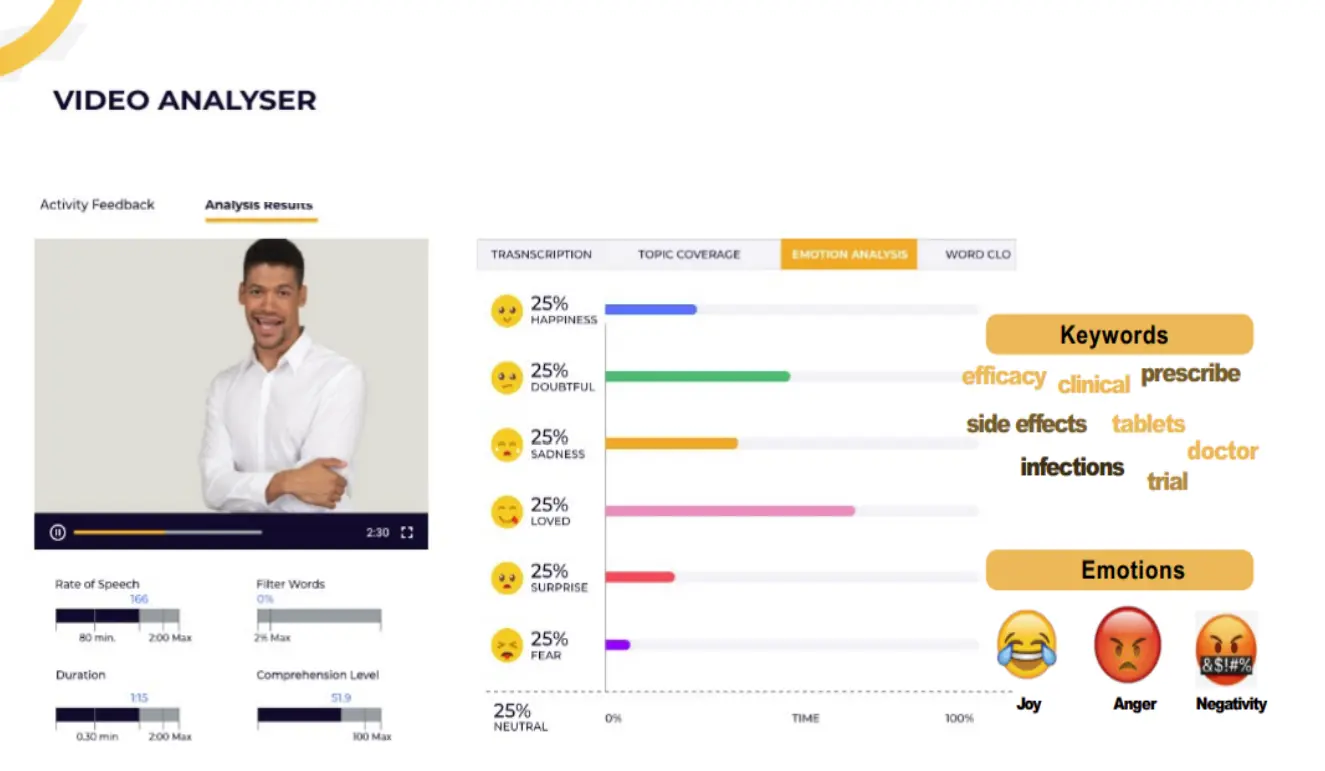
Pitchlab
Online AI-driven SaaS platform which fulfils all the needs of Sharp, Business Learning.
- AI-driven Speech & Video/Audio Analysis of Detailing
- For On-boarding & Skill Development
- For Self-Improvement
- For Manager Evaluation • Knowledge Test

CYLSYS VoiceBot
AI VoiceBots streamline customer service with NLP, delivering fast, personalized responses. They boost efficiency, reduce wait times, and enhance user experience through accurate voice recognition.
- Speech Recognition - Accurately transcribes voice inputs, even with accents and noise.
- Text-to-Speech - Delivers clear, natural responses with customizable, user-preferred voice output.
- Natural Language Processing - Understands user intent, tone, and context for personalized responses.
- Analytics and Reporting - Tracks interactions, analyzes data, and improves VoiceBot performance continuously.
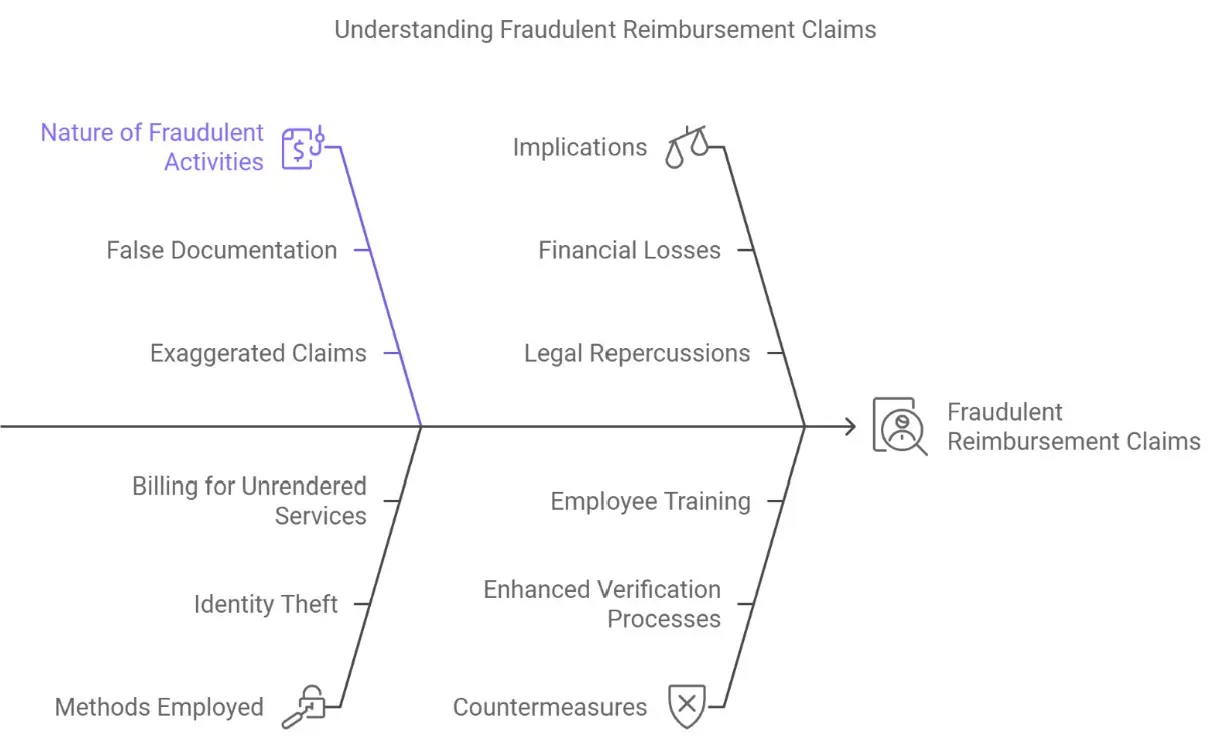
Fraudulent Reimbursement Claims
AI-Powered Expense Management: Automating Accuracy and Reducing Risk.
The path breaking AI application which automates the review of expense claim documents submitted by employees , leveraging advanced machine learning algorithms to detect anomalies and potential fraud.
Leading to a streamlined and accurate expense management process, reducing the risk of financial misconduct within the organization.
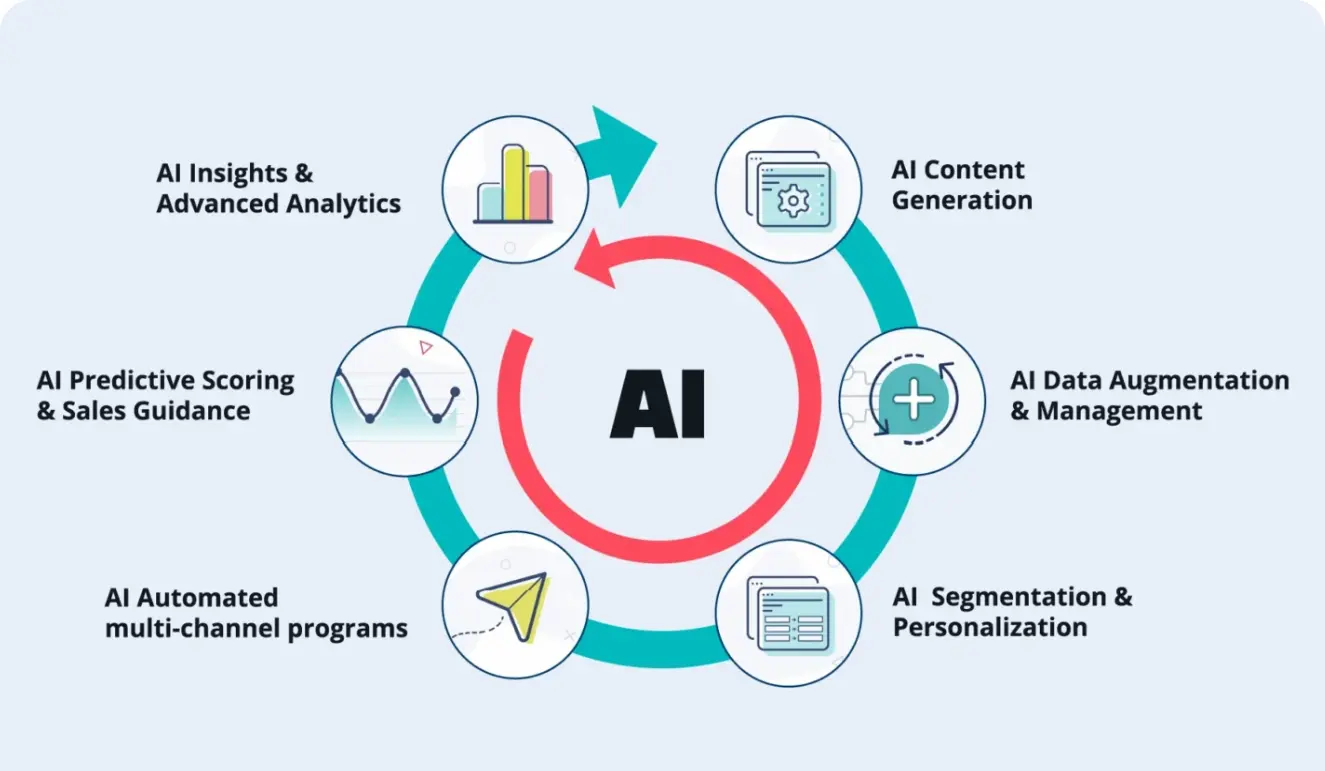
Elevate Email Marketing by AI
An innovative AI-driven email marketing solution designed to revolutionize your organization's outreach strategy. With advanced analytics, personalized content generation, and automated campaign management, Email AI ensures.
- Highly targeted and engaging emails.
- Boost open rates.
- Enhance customer engagement
- And drive conversions effortlessly with our intelligent,
- Data-driven platform.

Leveraging AI-Powered Voice Calls for Compliance Interpretation
- Enhance compliance processes with AI-driven voice call solutions.
- Automate and streamline communication while maintaining regulatory adherence.
Benefits :
- Accuracy - Reduces errors in interpretation and documentation.
- Efficiency - Speeds up compliance workflows, saving time.
- Consistency - Ensures standardized communication across all calls.
- Insights - Provides analytics for better compliance tracking and reporting.
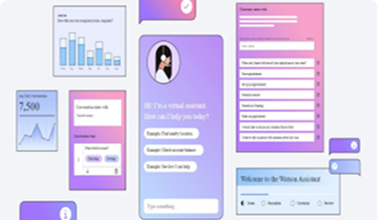
AI Avatars in Asset Management
AI avatars are transforming the way asset management firms interact with clients/Distributors .
These intelligent digital assistants can provide personalized product information, recommendations, and support, enhancing the client experience and driving business growth.
- Consistent Messaging - AI avatars ensure a unified brand voice and deliver accurate, up-to-date product details across all touchpoints.
- Scalable Support - AI avatars can handle multiple client inquiries simultaneously, improving responsiveness and efficiency.
- 24/7 Availability - Clients can access product information anytime, without the constraints of human operating hours.
- Continuous Learning - Creating new variables that enhance the predictive power of AI models.
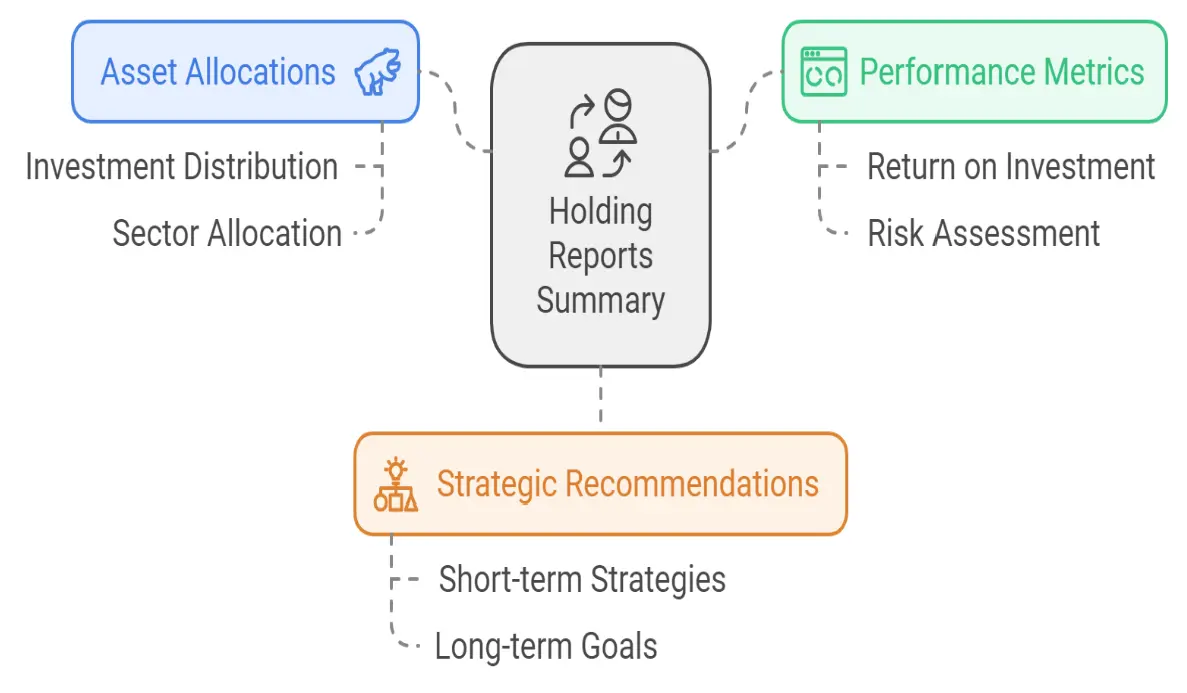
Document Report Hub
Introducing our advanced AI application designed for fund managers in AMC companies. This cutting-edge tool reads company reports across various formats, extracting critical data and saving it in structured, easily accessible formats.
- Data Extraction - AI reads and structures portfolios from multiple formats efficiently.
- Streamlined Data Management - Streamlines data management for accurate insights and improved portfolio analysis.
- Informed Financial Strategies - Boosts efficiency and enables smarter, data-driven financial decision-making.
- Report Reading - AI tool extracts and structures report data for fund managers.
- Decision-Making Efficiency - Streamlines reports to boost decisions with accurate, real-time insights.

Investment Portfolio Analyzer
- Objective : To Prepare a Crisp Summary Report and Recommendations for the Client Portfolio, based on the current Investments and Instruments present in Portfolio.
- By streamlining report analysis, it enhances decision-making efficiency and ensures precise, up-to-date information management
Input Parameter :
- Client Summary Report
- Transaction Report Organization Strategy Report
- Compare and Analyze the above two
- Monthly Activity

RM - ARN Interaction Activity
AI avatars are transforming the way asset management firms interact with clients/Distributors . These intelligent digital assistants can provide personalized product information, recommendations, and support, enhancing the client experience and driving business growth.
- Business challenge - RMs are supposed to regularly meet ARNs for discussion business growth opportunities.
- Solution- Created live connection to internal and external data sources to integrate ARN level and scheme type wise investment data along with SIP/Non-SIP details for both MF and entire industry.
- Result - Increased efficiency of RMs for ARN engagement and overall business growth
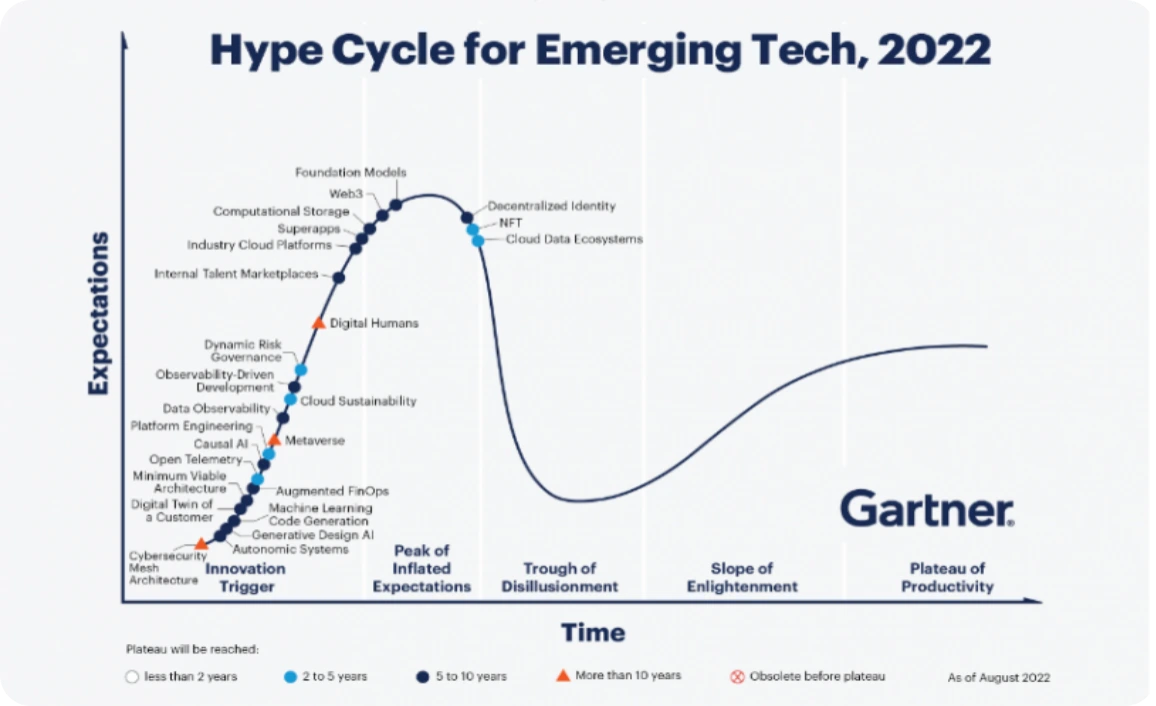
Demand Forecasting
Artificial intelligence (AI) is transforming the AMCs industry by enhancing demand forecasting capabilities. AI-powered models can analyze complex data patterns to predict product demand more accurately, helping firms define and refine their offerings.
- Internal Data - Historical sales, client demographics, portfolio performance, and other proprietary information.
- External Data- Economic indicators, market trends, competitor analysis, and customer sentiment data.
- Data Preprocessing -Cleansing, standardizing, and integrating data to prepare it for AI model training.
- Feature Engineering - Creating new variables that enhance the predictive power of AI models.
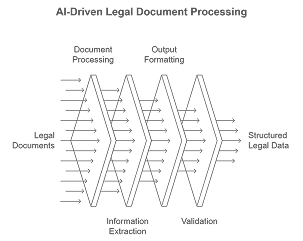
Legal Document Analysis
Artificial intelligence (AI) is transforming the AMCs industry by enhancing demand forecasting capabilities. AI-powered models can analyze complex data patterns to predict product demand more accurately, helping firms define and refine their offerings.
- Document Processing -10,000+ pages processed efficiently
- Information Extraction -Case numbers, dates, parties, key facts
- Output Format - Searchable, structured data
- Deliverables- Case summaries, hearing timelines, metadata
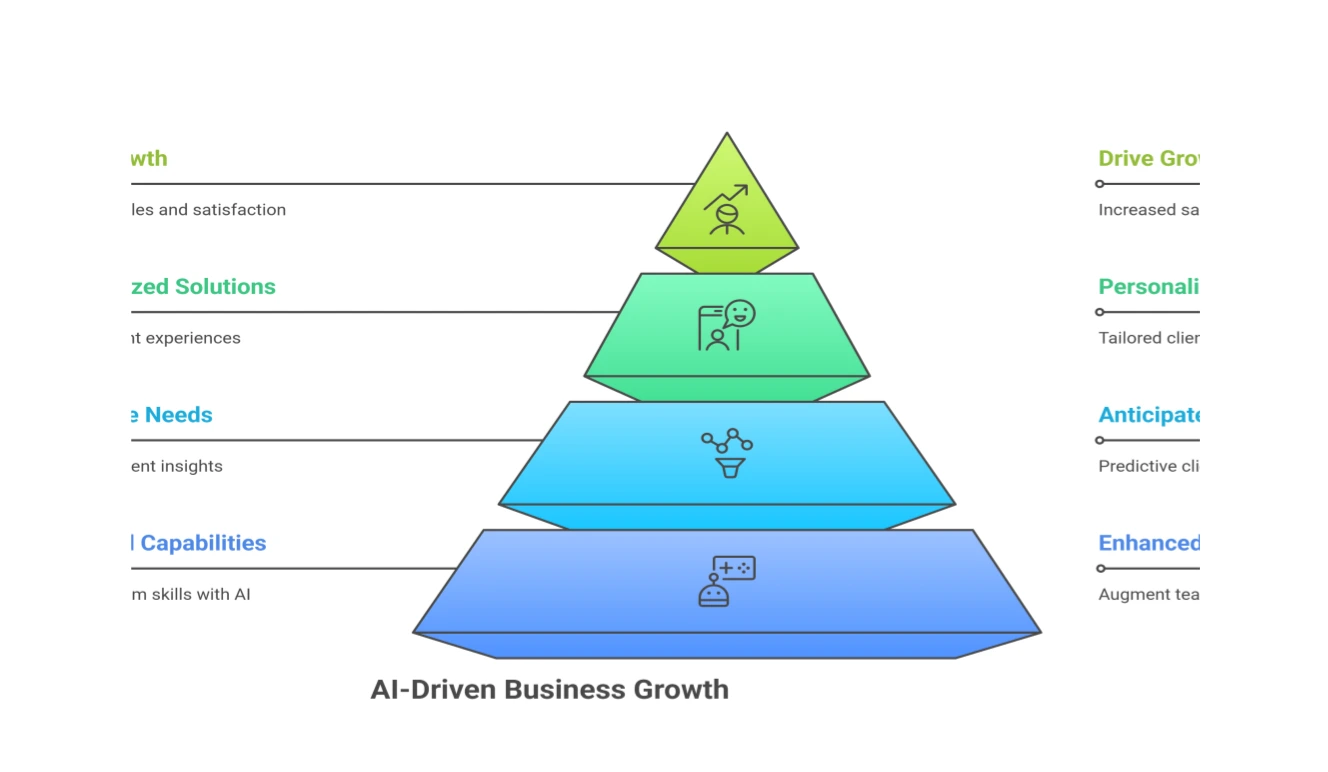
Embracing AI for Business Growth
Unlock business potential with AI-driven insights, smarter decision-making, enhanced team capabilities, and personalized client experiences — all designed to accelerate growth and elevate customer satisfaction.
- Enhanced Capabilities -Augment team skills with AI
- Anticipate Needs -Predictive client insights
- Personalized Solutions -Tailored client experiences
- Drive Growth- Increased sales and satisfaction
All set to start the growth journey?
-
Looking for professional IT consulting services? We provide custom software consulting services on various advanced technologies to ensure businesses can compete in the new market which is driven by Technology. Our software advisory helps customers save time and cost in their next software development project.
-
-
07791 250061
-
+91 9967502270
-
Unit No. 5, Second Floor, Harmony Mall, Goregaon West, Mumbai 400104
-
+91 9967502270
-
FAQ
Artificial Intelligence (AI) refers to the simulation of human intelligence in machines that are programmed to perform tasks such as learning, reasoning, problem-solving, and decision-making.
AI is generally categorized into three types:
- Narrow AI: AI that is designed to perform a narrow task (e.g., facial recognition or voice assistants).
- General AI: AI that has the ability to understand, learn, and apply intelligence across a broad range of tasks, similar to human intelligence.
- Super AI: A hypothetical future AI that surpasses human intelligence in all aspects.
Popular languages for AI development include:
- Python: Widely used due to its extensive libraries and frameworks for AI, such as TensorFlow and PyTorch.
- R: Often used for statistical analysis and data mining.
- Java: Known for its scalability and ease of integration with large systems.
- C++: Used in performance-critical systems.
- Julia: Gaining popularity for numerical and scientific computing in AI.
The key components of AI systems include:
- Data: AI systems rely on large datasets to learn and make decisions.
- Algorithms: These are the mathematical models that drive AI learning and decision-making.
- Training: AI models are trained using data to improve performance over time.
- Inference: The process by which an AI system uses a trained model to make predictions or decisions.
Machine learning is a subset of AI that allows systems to learn from data without explicit programming. It involves algorithms that enable computers to improve performance on tasks based on experience.
Deep learning is a subset of machine learning that uses neural networks with many layers (hence "deep") to model complex patterns in data. It’s often used in image recognition, natural language processing, and autonomous systems.
- Supervised Learning: Involves training an AI model on a labeled dataset (i.e., the data is tagged with the correct answer).
- Unsupervised Learning: Involves training on a dataset without labeled responses, and the system identifies patterns and relationships within the data.
AI is being used across various industries, including:
- Healthcare: AI is used for medical diagnosis, drug discovery, and personalized treatment.
- Finance: AI helps in fraud detection, algorithmic trading, and risk assessment.
- Retail: Personalized recommendations, supply chain optimization, and inventory management.
- Manufacturing: Predictive maintenance, robotics, and quality control.
- Transportation: Autonomous vehicles, route optimization, and traffic management.
Some of the challenges include:
- Data availability and quality: AI systems require large amounts of high-quality data to function effectively.
- Ethics and bias: Ensuring AI systems are fair and unbiased is a major concern.
- Interpretability: Many AI models, especially deep learning models, are complex and difficult to interpret.
- Security: AI systems are susceptible to adversarial attacks, where malicious actors can manipulate the system.
AI ethics refers to the moral principles and values that govern the development and use of AI technologies. It includes considerations like fairness, accountability, transparency, and the impact of AI on jobs and society.
Here are some steps to start learning AI development:
- Learn programming languages: Python is a great starting point.
- Study machine learning and deep learning: There are many online courses, such as those offered by Coursera or edX.
- Practice with projects: Implementing AI models or working on small projects helps build practical experience.
- Join AI communities: Engage with others through forums, GitHub, or AI-focused groups to learn and collaborate.